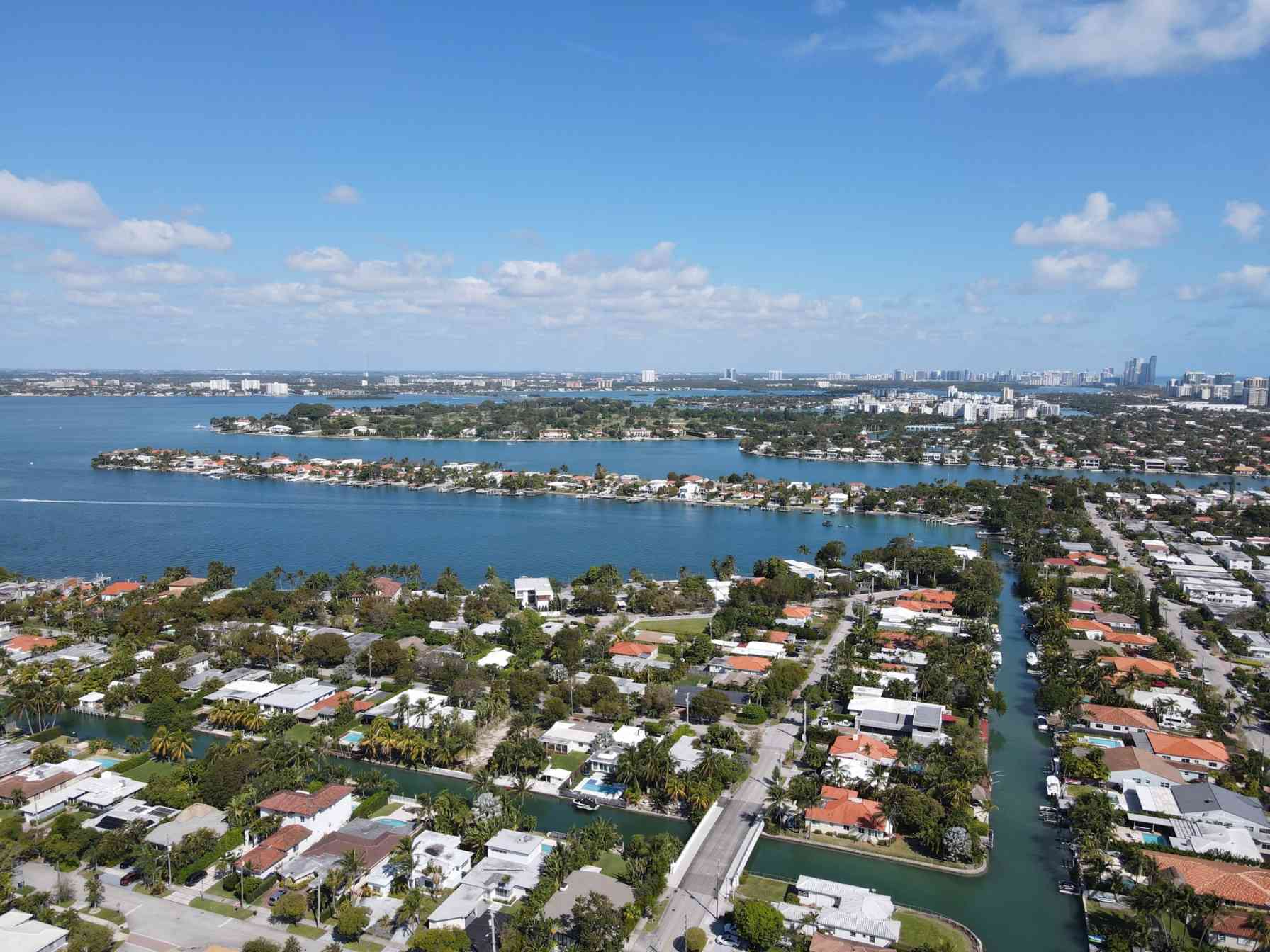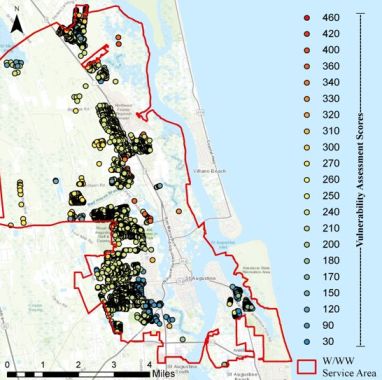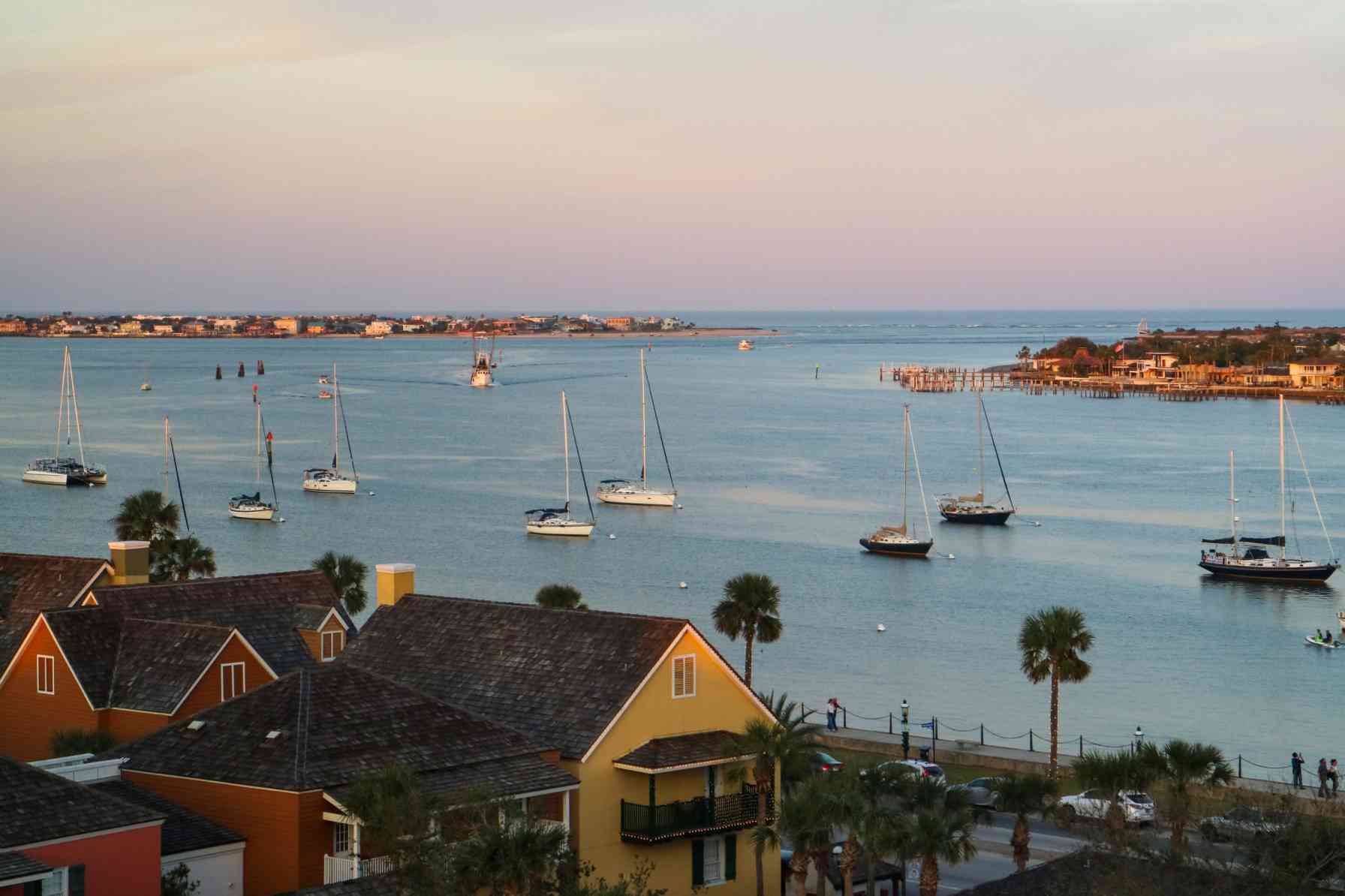Failing septic systems are among the key culprits in harming water quality. To help reduce that risk, scientists at the UF Center for Coastal Solutions have developed a tool to identify systems that might release untreated wastewater to the ground and nearby waterways.
The Regional Septic Vulnerability Assessment identifies locations where septic systems are vulnerable to failure from climate change-related impacts, such as storm surge and rising groundwater levels. This data can help municipal managers across the state determine where to prioritize projects that have the greatest potential to benefit water quality.

“Although septic systems are viewed as an important contributor to polluting waters here in Florida, they are most often privately owned and therefore overlooked when communities are evaluating their public infrastructure vulnerability,” said CCS Researcher Tricia Kyzar, Ph.D.
“The Regional Septic Vulnerability Assessment is a powerful partner to another tool we’ve developed – the Septic to Sewer System Optimization Tool. We can put a score on the potential risk for septic systems and understand where they are vulnerable to failure and take that data through the optimization tool to create cost efficient groupings to get these connected to sewer to reduce that vulnerability.”

In 2021, CCS researchers used this model in St. Augustine to analyze vulnerabilities of the city’s septic systems to failure from the climate-change risk parameters of storm surge, rise in ground water, sea level rise and efficiency for soil types to process effluent. This accelerated a master plan and evaluation by city planners for Lighthouse Park Neighborhood to convert from private septic systems to public sewer systems and supported the validity of St. Augustine’s septic to sewer program already taking place in other areas. In addition, results from this project, funded by the Florida Department of Environmental Protection, have been used to apply for and receive over $200,000 of funding for increased groundwater monitoring stations in St. Augustine.

CCS’ innovative tools are catching the eye of county and regulatory officials across Florida: 18 interested parties attended a CCS Open House in August to showcase its high-tech “toolbox” for tackling a range of coastal challenges, from red tide detection to nature-based solutions for coastal resilience.
“I am very excited about the analyses being offered through the Center, particularly because our organization is in need of analyzing large-scale data sets to direct meaningful pollution intervention projects but do not necessarily have the time, expertise, or tools to do this in-house,” said Cassie Bates, a staff scientist at Mobile Baykeeper. “We are currently working to connect human impacts to changes in water quality that affect bio and user indicators that we believe represent the health of Mobile Bay. This involves detection of trends, isolation of drivers, and pin-pointing sources of impact. All of these topics were covered by demonstration of different services and tools that CCS offers.”
To learn more about CCS tools and how to work with CCS in your community, contact Tricia Kyzar at tkyzar@ufl.edu.
